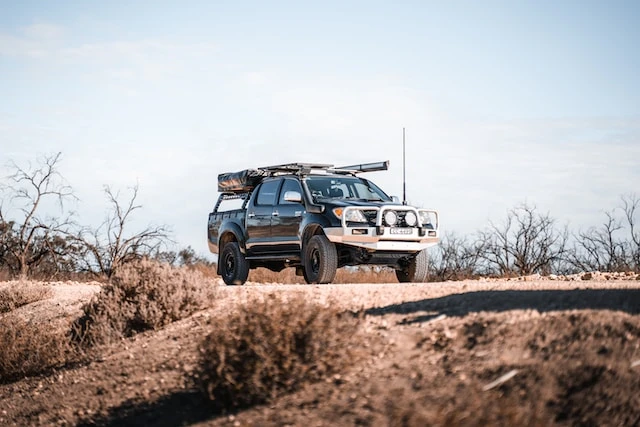Should I Buy a Ute or SUV?
Choosing between a ute and an SUV depends on your specific needs, lifestyle, and preferences. Both types of vehicles have their advantages and disadvantages, so it’s essential to consider your priorities and how you plan to use the vehicle.
Here are some key factors to consider when deciding between a ute and an SUV.
Cargo and Towing Capacity:
Ute: generally designed for heavy-duty use, utes are a better choice if you need to transport large or heavy items regularly. They also tend to have higher towing capacities, making them suitable for hauling trailers, boats, or other equipment.
SUV: They typically have a closed cargo area, which is more secure and weather-resistant than a ute’s open bed. While some SUVs offer good cargo space, their towing capacities may be lower than utes, so consider your towing needs.
Passenger Capacity:
Ute: Usually have two rows of seats and can accommodate up to five passengers, but the rear seats may be less spacious and comfortable compared to SUVs.
SUV: Available in various sizes, from compact to full-size, and can often seat more passengers, including up to eight occupants. If you need to transport a larger family or group of people regularly, an SUV may be a better choice.
Off-Road Capability:
Ute: Many utes come with four-wheel drive (4WD) or all-wheel drive (AWD) options, making them suitable for off-road adventures or rugged terrain.
SUV: SUVs come with varying levels of off-road capability. Some are designed for mild off-roading, while others, like dedicated off-road SUVs, are built for more extreme conditions.

Fuel Efficiency:
Ute: utes may have larger, more powerful engines designed for heavy work, which can result in lower fuel efficiency compared to some SUVs.
SUV: Many SUVs offer better fuel efficiency, especially the smaller and more compact models. If fuel economy is a priority, an SUV might be a better choice.
City versus Rural Driving:
Ute: utes can be more challenging to maneuver in tight urban spaces due to their longer wheelbase. They are often preferred in rural or suburban settings where space is less of a concern.
SUV: Smaller SUVs are generally easier to drive in city environments because of their compact size and better visibility, but obviously this will be different for larger SUV models.
Safety:
Both utes and SUVs come equipped with a range of safety features, but the availability and level of these features can vary between models and brands. Be sure to research and compare safety options when making your decision.
Price:
Consider your budget, as utes and SUVs come in a wide price range. Utes tend to have a lower starting price for basic models, but high-end models can be expensive. SUVs also vary in price, with luxury SUVs typically being more costly.
Ultimately, choosing between a ute and an SUV should be based on your specific needs and preferences. It’s advisable to test drive both types of vehicles and consider factors like cargo space, passenger capacity, towing needs, and how you plan to use the vehicle before making a final decision.
Additionally, research the available models and their features to find the one that best suits your lifestyle and requirements.